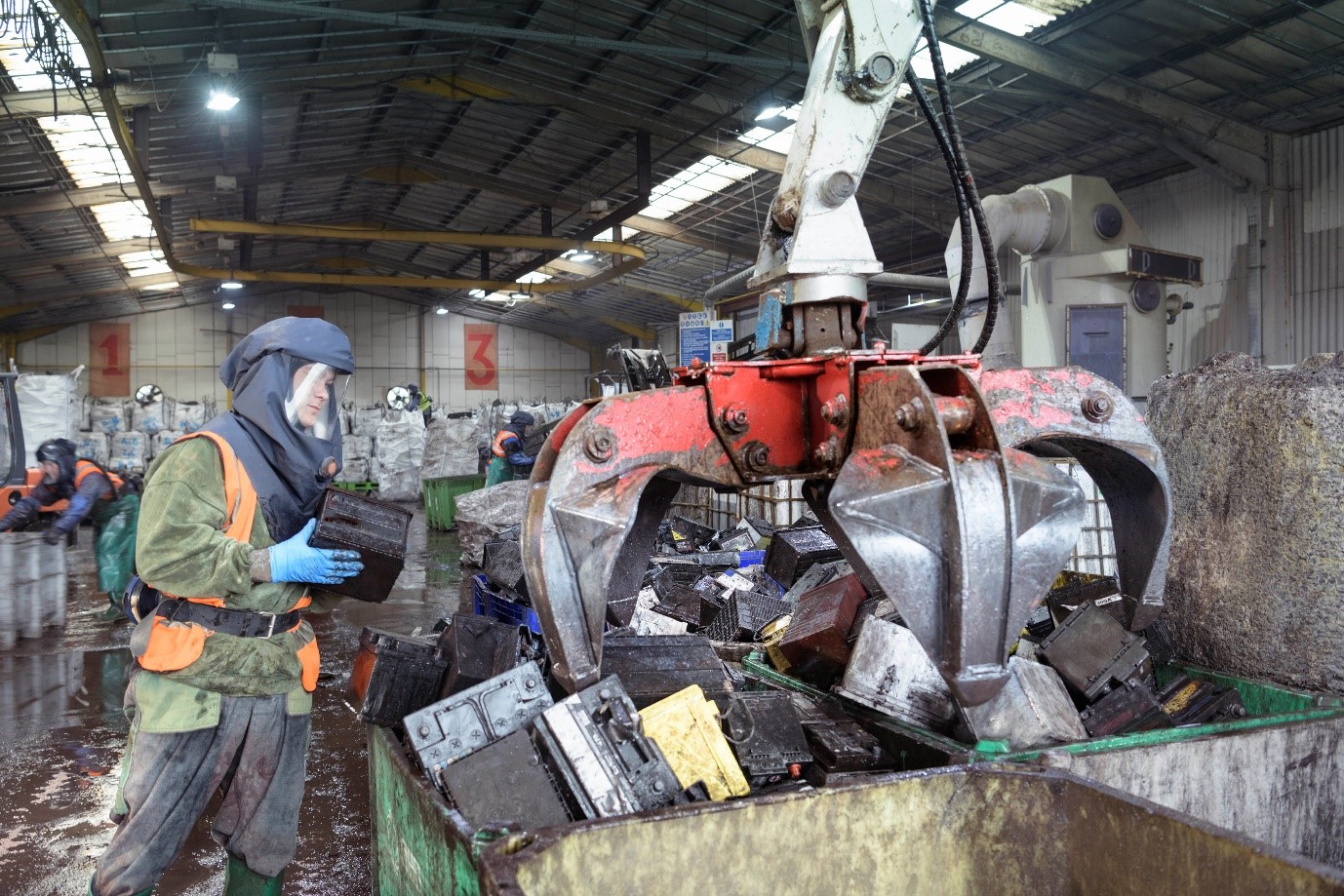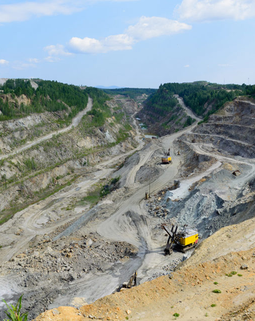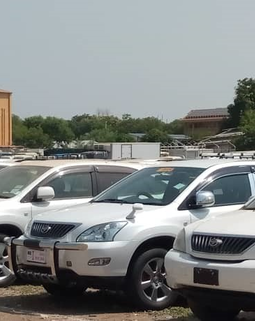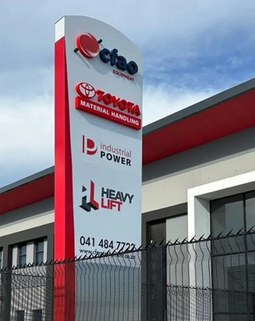Mozambique’s Natural Resources: A Foundation for EV Battery Production
Mozambique’s wealth of natural resources, particularly lithium, makes it a prime candidate for EV battery production.
1. Lithium Deposits in Mozambique
- Lithium, a critical component in EV batteries, is abundant in Mozambique.
- Deposits in regions such as Niassa and Cabo Delgado are attracting global interest.
2. Other Relevant Minerals
- Mozambique also has significant reserves of graphite and nickel, essential for battery production.
- These resources create opportunities for local value addition and industrial development.
Indonesia’s Interest: A Strategic Collaboration
Indonesia, a leader in nickel production and EV battery manufacturing sees Mozambique as a valuable partner in expanding its supply chain.
1. Expanding EV Supply Chains
- Indonesia’s expertise in processing minerals and manufacturing EV batteries complements Mozambique’s raw material reserves.
- Collaborating with Mozambique could reduce production costs and strengthen Indonesia’s global competitiveness.
2. Investment Opportunities
- Proposed investments in battery plants and mining infrastructure could create new industries in Mozambique.
- Joint ventures between Indonesian companies and local stakeholders are likely to spur economic growth.
Potential Benefits for Mozambique
Indonesia’s interest in EV battery production offers several opportunities for Mozambique’s economy and workforce.
1. Job Creation and Skill Development
- Establishing battery manufacturing plants would generate employment in both mining and industrial sectors.
- Training programs could equip Mozambicans with skills in advanced manufacturing and technology.
2. Economic Diversification
- The EV battery industry could reduce Mozambique’s reliance on traditional exports like coal and aluminum.
- Diversifying the economy would enhance resilience to global market fluctuations.
3. Global Integration
- Partnering with Indonesia could integrate Mozambique into the international EV supply chain, boosting its global relevance.
Challenges and Considerations
While the partnership offers promise, Mozambique must address several challenges to maximize its benefits.
1. Environmental Concerns
- Mining operations for lithium and other minerals can lead to deforestation, water pollution, and habitat destruction.
- Adopting sustainable mining practices is crucial to mitigating these impacts.
2. Infrastructure Development
- Mozambique’s limited infrastructure may hinder large-scale industrial projects.
- Investments in transportation, energy, and logistics are essential for supporting battery production.
3. Local Participation
- Ensuring that local communities benefit from the partnership is vital.
- Transparent agreements and fair distribution of revenues will foster social equity and reduce conflict.
The Future of EV Battery Production in Mozambique
Indonesia’s interest in Mozambique highlights the country’s potential as a key player in the EV battery industry. By leveraging its natural resources, investing in infrastructure, and promoting sustainable practices, Mozambique can position itself as a leader in Africa’s green industrialization. This partnership not only advances the global EV transition but also paves the way for economic transformation in Mozambique.
Conclusion
The collaboration between Indonesia and Mozambique on EV battery production represents a significant opportunity for both nations. For Mozambique, it’s a chance to harness its natural resources for sustainable development and integrate into the global EV supply chain. With strategic planning and environmental stewardship, this partnership could drive long-term prosperity and industrial growth.





